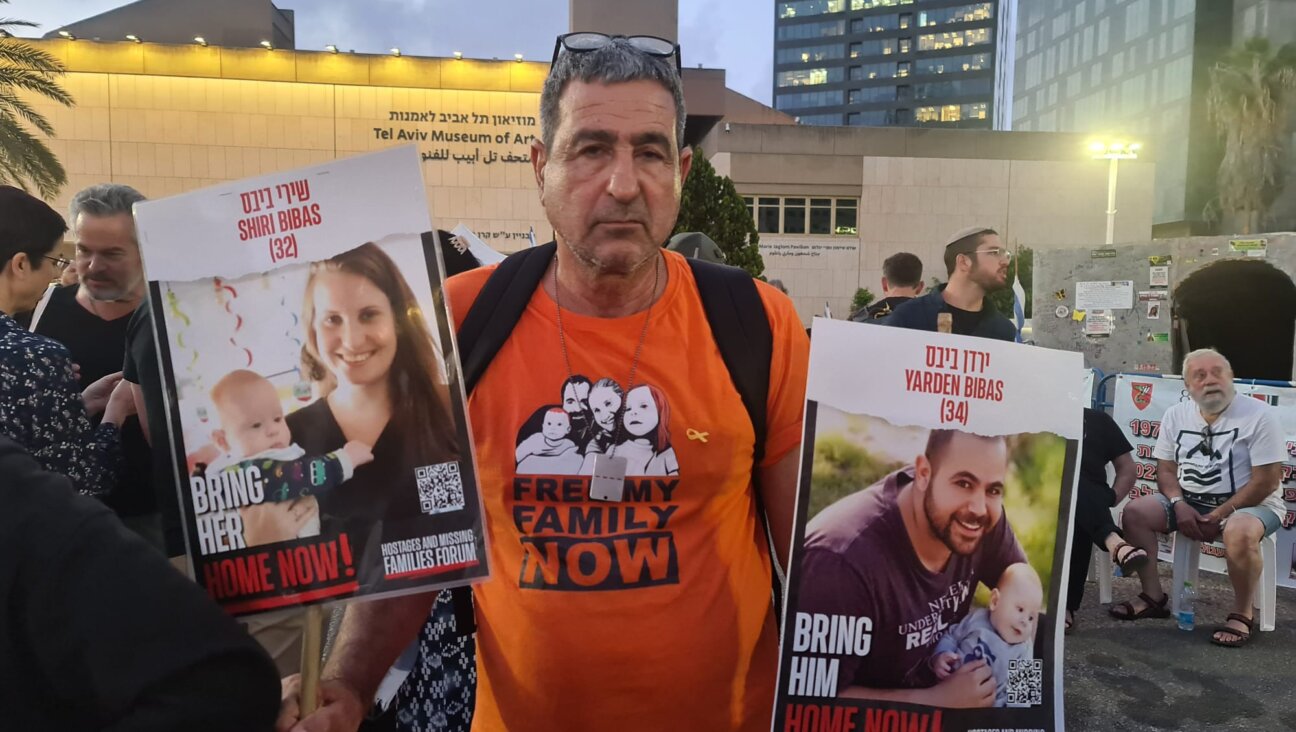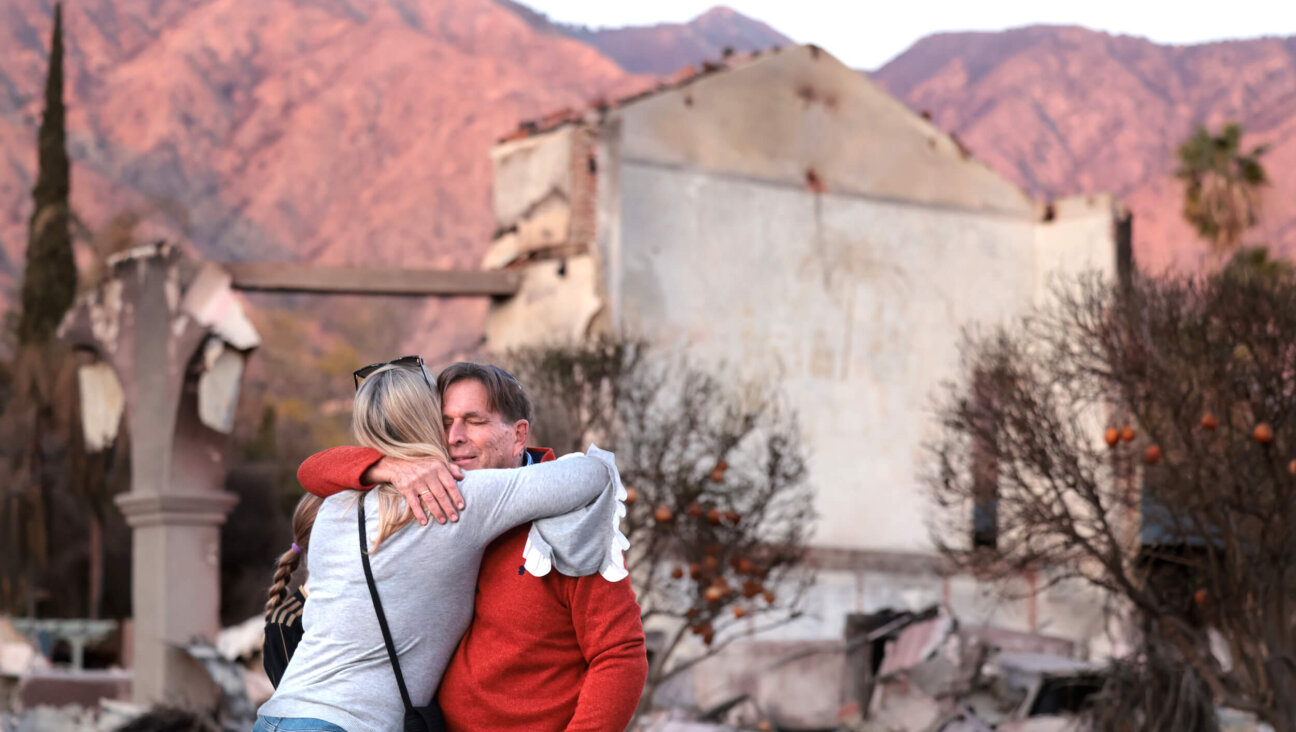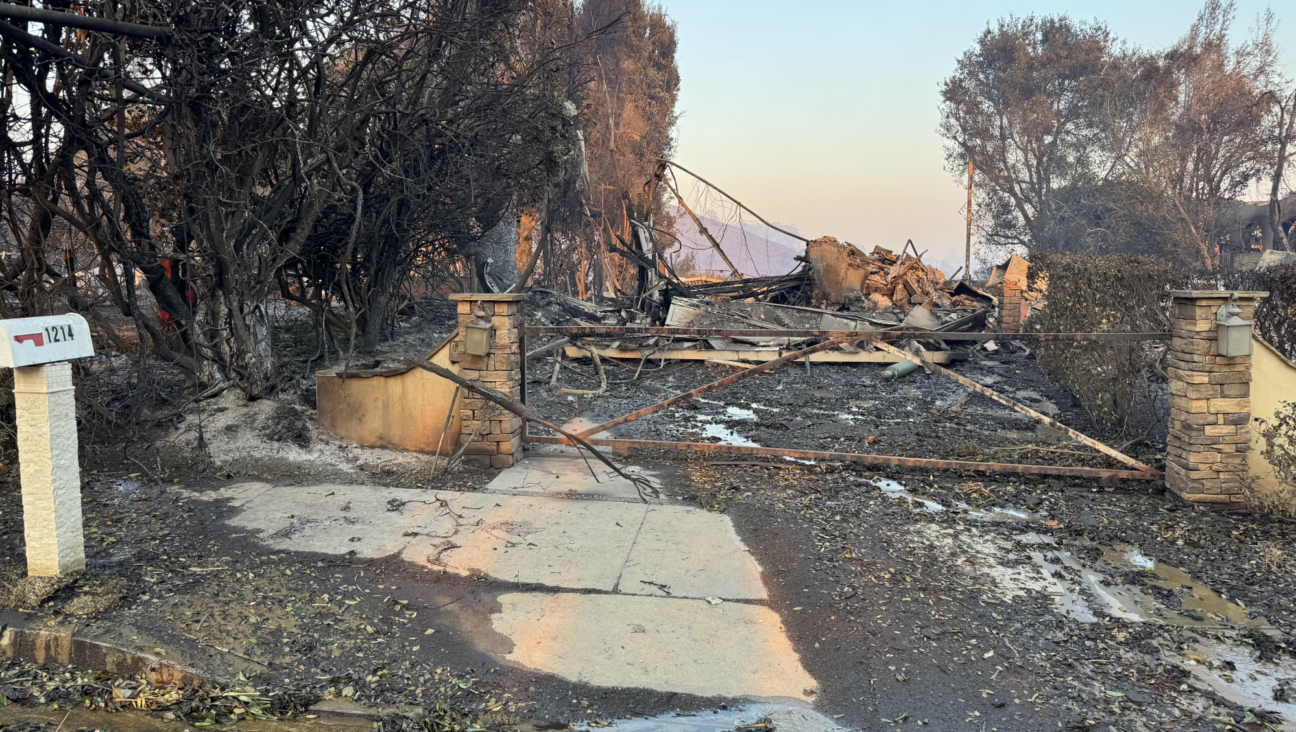A pandemic journey to Torah

Courtesy of North Shore Israel Congregation
Thirty years into her marriage, Ann DuBois converted to Judaism. A week after dunking in the mikvah, the architect and mother of two adults will read Torah as a bat mitzvah. Why? “I have lived a Jewish life with my husband and children for 30 years. In some ways it felt like their religion. I want Judaism to be our religion. I want to have our Jewish life together.”
Ann and seven classmates will be called to the Torah as Adult B’nei Mitzvah on Erev Shavuot, at North Shore Congregation Israel. While Adult B’nei Mitzvah are always inspiring, this year’s class marks it in a different way. They began learning Hebrew and studying prayer, theology and other Jewish topics last January, meeting only for a few weeks in person. Since the pandemic began, the class, which ranges in age from 38 to 81, met weekly online.
Ann and her classmates are an accomplished group. Among them is Alison Pearson, a physician.
After medical school, Allison said that, “wanderlust took me to Lebanon and Israel. The comparison between the two similar landscapes was flabbergasting. One was dry and arid, the other green and lush with multiple crops. Israel and I are contemporaries — we were both young and full of hope, energy and good intentions. Jerusalem had only been in Israeli hands for five years. There was a tangible air of excitement. In front of the Western Wall the ground was bare, covered only by loose pebbles. There were no barriers at the Wall; any man or woman could go to pray and touch it — oh, how things have changed!”
Alison, Ann and their classmates have each experienced Sinai moments, a height of learning which they might even call revelation. And each has wrestled too. It may have been mastering the aleph-bet, learning to read and lead a prayer in Hebrew, or struggling with their concept of God as they read theologians’ words.
After more than 13 months of virtual meetings, the class gathered in person. My longtime partner in teaching Adult B’nei Mitzvah students, Judy Weiss, and I entered the sanctuary, as we have countless times.
This soaring room overlooking Lake Michigan looked different than usual. Eight tables encircled the windowed room, and on each table sat a Torah and a yad. The class, a small group of masked adults, congregated near the windows, chatting comfortably with utter familiarity. I stood unnoticed for several minutes, smiling beneath my mask.
I was struck by the power of the moment. The ordinariness of standing and talking with classmates was elevated. And while there was no confetti or streamers, it was a celebration. I have taught more than 120 adult b’nei mitzvah students in my 26 years as a rabbi. I am awestruck by the communities the classes build, and how those bonds continue, even 20 years later. I could not have imagined last March that with the seeming walls of screens, I could have taught as meaningfully and these students could have engaged as powerfully and personally as they did. In some ways, the barriers were lowered — perhaps because we were all made more vulnerable by world events.
When we gathered again in person to rehearse, folks chatted away as if it were any other day, yet it was not. Each person there recognized that their presence was a miracle. Each had emerged physically healthy in the era of Covid. Each had moved through the Hebrew alphabet and could now read the Torah and the siddur.
Together they had created a tight community in which they supported one another through Hebrew angst, childbirth, milestone birthdays, health challenges, and the events of the world. And, after more than a year of uncertainty and meeting over Zoom, the class was there to read Torah and lead prayer physically present in our sanctuary. We joined in Shehechyanu and turned to the business at hand.
Lisa S. Greene is a rabbi at North Shore Congregation Israel in Glencoe, Illi..
A message from our Publisher & CEO Rachel Fishman Feddersen

I hope you appreciated this article. Before you go, I’d like to ask you to please support the Forward’s award-winning, nonprofit journalism so that we can be prepared for whatever news 2025 brings.
At a time when other newsrooms are closing or cutting back, the Forward has removed its paywall and invested additional resources to report on the ground from Israel and around the U.S. on the impact of the war, rising antisemitism and polarized discourse.
Readers like you make it all possible. Support our work by becoming a Forward Member and connect with our journalism and your community.
— Rachel Fishman Feddersen, Publisher and CEO























